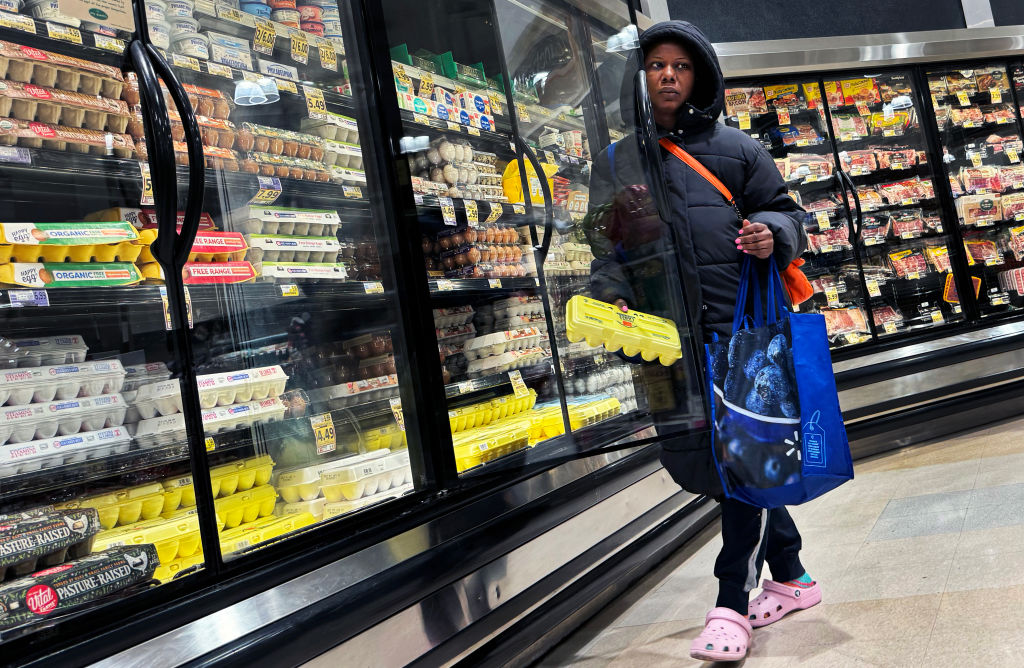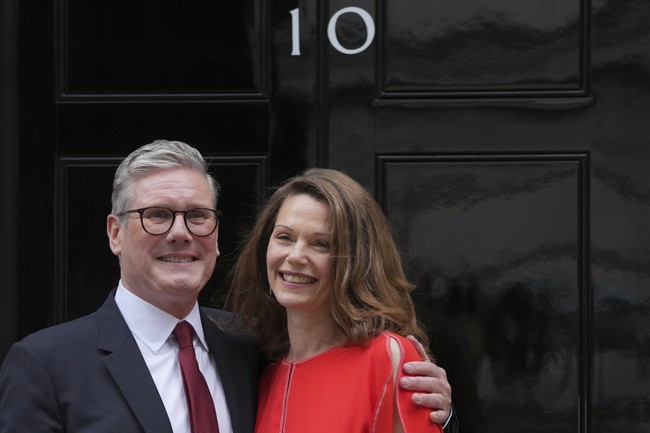
This article was originally published on Liberty Nation - Opinion. You can read the original article HERE

: Pros and cons of "measuring" the ecological costs of groceries.
There is a certain moral appeal to a system of pricing for consumer goods that incorporates the pollution costs involved in their production. Under such a system, in addition to the commercial “input costs” a producer paid to make a product, a fee for the toxins, water use, soil damage, or other environmental costs would be added so that each consumer would pay for their share of pollution rather than pass it on to the public tab. This is a theoretical commercial antidote to the ancient quandary of the “Tragedy of the Commons,” increasingly leveled at what is called the “true cost” of food.
Measuring Externalized Pollution
Writer Wendell Berry has long advocated for consumers to take individual responsibility for their purchasing decisions by becoming more aware of the “true” environmental costs of their consumption, but granting government the power to monetize the idea poses concerning hurdles. A longstanding program called PaintCare exemplifies the idea in practice: Consumers who buy a new can of paint in states administering this plan pay a fee that is used to clean up old paint cans:
“The fee is paid to PaintCare by paint manufacturers and is then added to the wholesale and retail purchase price of paint, passing the cost of managing leftover paint to everyone who buys and uses it.“
As demonstrated by the paint can program, the fee is paid by the consumer whether or not it is levied against the manufacturer. Denmark has initiated “the world’s first carbon emissions tax on agriculture” by imposing an annual fee (roughly $100 US) on each cow – that allegedly true cost will be passed on to consumers in the milk price, just like the paint fee.
These examples immediately present immediate contrasts: Food is a necessity; cans of paint and other non-food consumables can be lived without. Moreover, cows emit carbon dioxide, hardly the eco-toxin that many consumer goods contain without a fee. As tax policy, imposing fees on food is profoundly regressive; as environmental policy, taxing carbon dioxide rather than toxic chemicals is folly.
True Cost Accounting for Food
An assessment of true cost accounting in a recent article from The New York Times demonstrates the risks, quoting one true-cost advocate as saying, “It’s not like these costs are fictional.” Surely there are very real environmental costs to human consumption: It is the ability to accurately and fairly quantify them that is most likely fictional.
The New York Times analysis seeks to demonstrate true cost accounting for food by targeting the usual bovine scapegoats. The “true cost” of a pound of hamburger per this assessment would be the current retail price of $5.34 plus an “estimated environmental cost” of $22.02: $3.00 for emissions from cow burps and manure; $0.23 for water use; and $18.79 for “ecosystem effect, mainly from using land to grow food for cattle.” Burger should thus “truly” cost consumers $27.36 per pound. Cheese that presently costs $3.74 would cost $7.50 if its “true cost” were assessed.Conceding that this is an “inherently imprecise” calculus, the NYT discussion also points out that true cost accounting also seeks to monetize costs for labor rights and health – omitted for purposes of its “true cow cost calculations,” which were apparently an easy target:
“Beef has the highest environmental costs of the foods we examined, pound for pound, and it wasn’t close. Cattle are very inefficient at converting what they eat into body weight. For every 100 grams of protein a cow eats, less than 4 grams end up in the beef we eat.
“Cows are ruminants, and their burps send enormous amounts of planet-warming methane into the atmosphere….
“But most of the environmental cost of eating beef, as calculated by True Price, comes from the amount of land that’s needed to grow cattle feed.”
Truly, Lying About Cows
This sounds persuasive and dovetails with conventional livestock “wisdom.” The problem is that this is not wisdom but climate profiteering. Cows may convert grasses “inefficiently” when the (deliberately?) oversimplified metric is used of feed conversion, but how was that grass or feed converted? There is overwhelming scientific evidence to confirm common sense: Cows rotationally grazed on pastures feed the soil with their manure, press grasses and weeds into the ground to increase microbial life, stimulate growth to retain water, and rebuild soils depleted by tilling and chemical applications.
Cows fed monoculture grain diets in confined animal feeding operations (CAFOs) do create more pollution – it is not the cows, however, but the unnatural industrial method of rearing them that is to blame. Their vital ecological assets of manure and urine require fossil fuels to spread them. Chickens and pigs, similarly raised in confinement and not so easily turned out to pasture, produce far more toxic manures that become dangerous environmental hazards accumulated in bursting lagoons – spread it on the land as compost, and it feeds the land and soil and increases water retention.
Thus, farming methods, not the animals’ species, determine whether and how much carbon dioxide and methane is emitted. Rotationally grazed, grass-fed cows improve water supplies, sequester far more carbon dioxide and methane in the soil than they ever burped, and convert grass humans can’t eat into burgers they can.
It is surely a good thing if consumers are made aware of the true costs of their buying decisions. Still, this exercise reveals that the plan could as easily be used to misinform the public about ruminants and their interaction with the ecosystem. Will true cost accounting assist individual responsibility in buying choices, or artificially manipulate buyers into purchasing faux environmental products such as fake meats that carry a higher “true” environmental cost than hamburgers?
Liberty Nation does not endorse candidates, campaigns, or legislation, and this presentation is no endorsement.
This article was originally published by Liberty Nation - Opinion. We only curate news from sources that align with the core values of our intended conservative audience. If you like the news you read here we encourage you to utilize the original sources for even more great news and opinions you can trust!










Comments